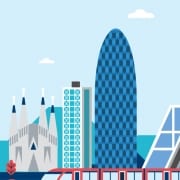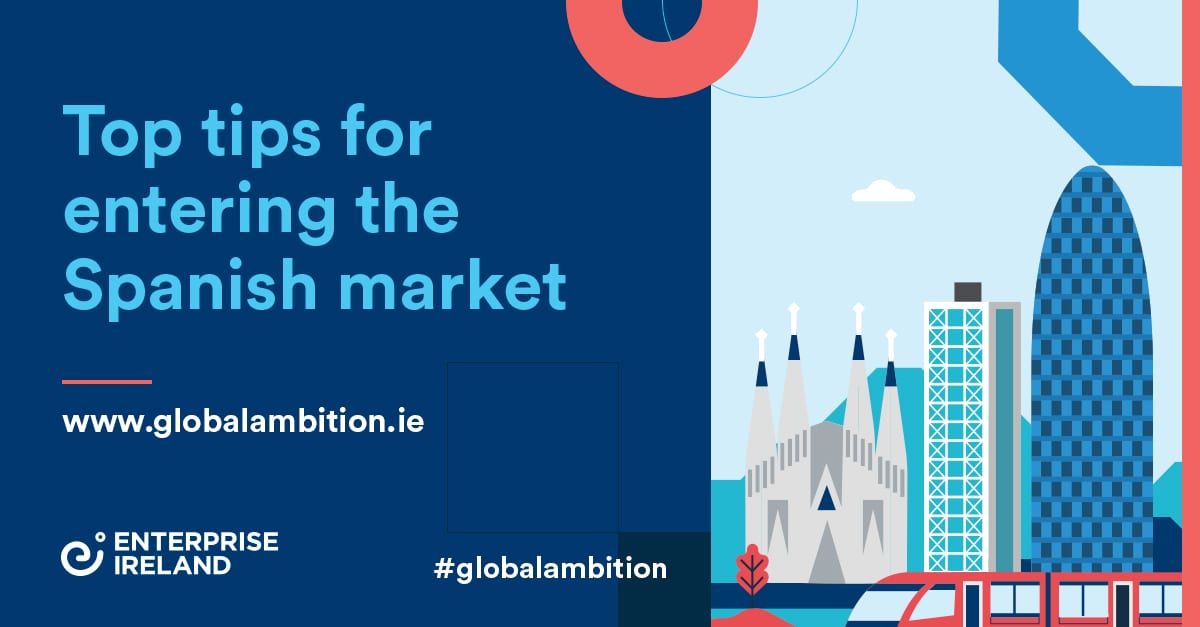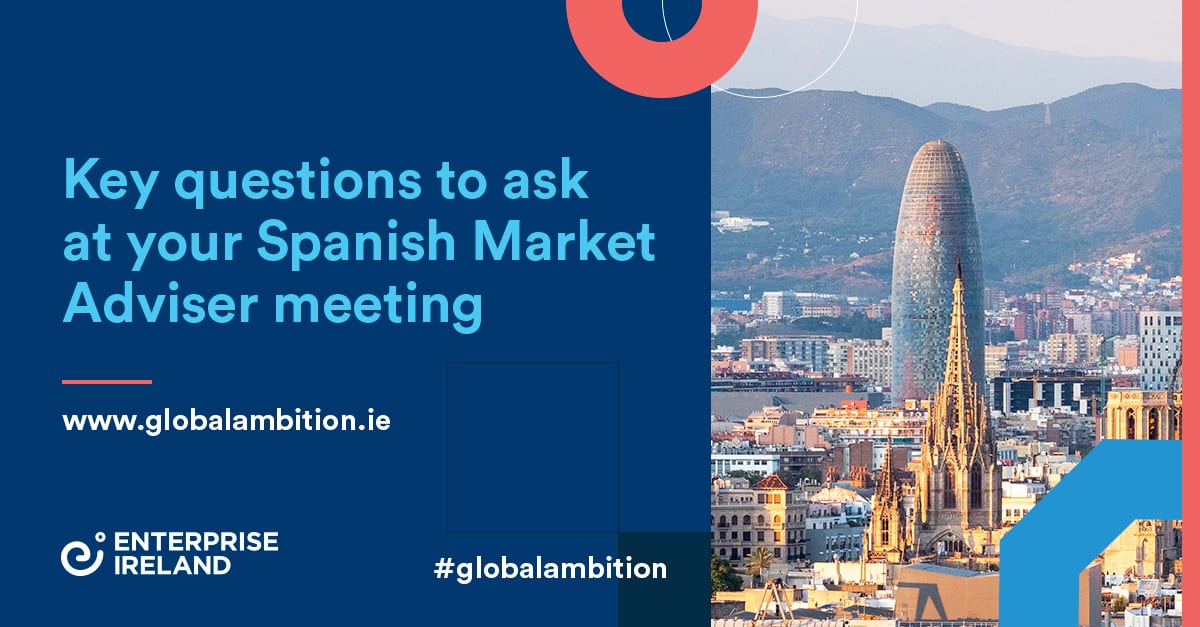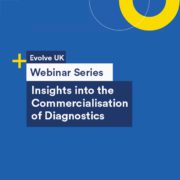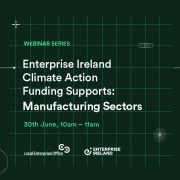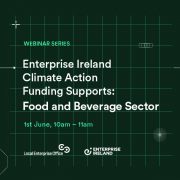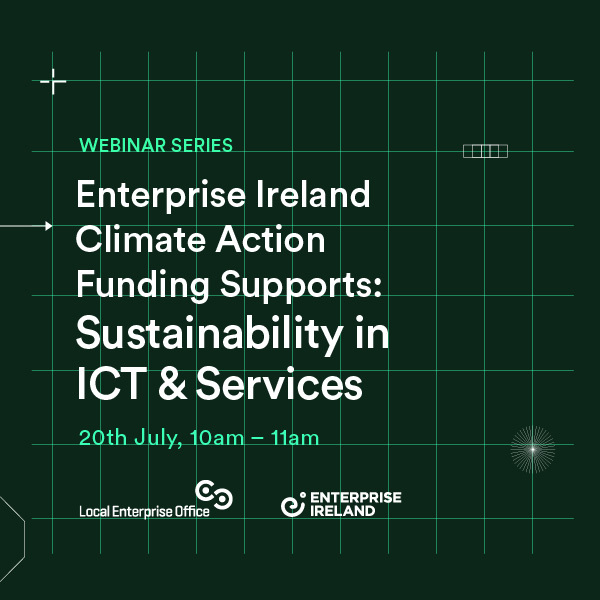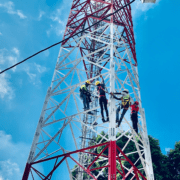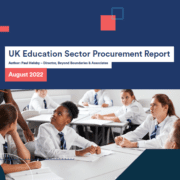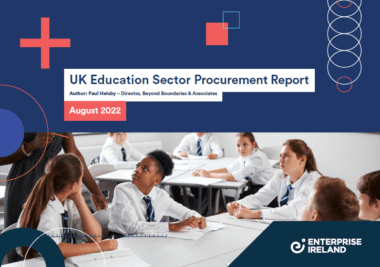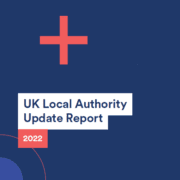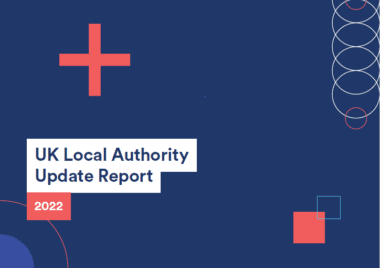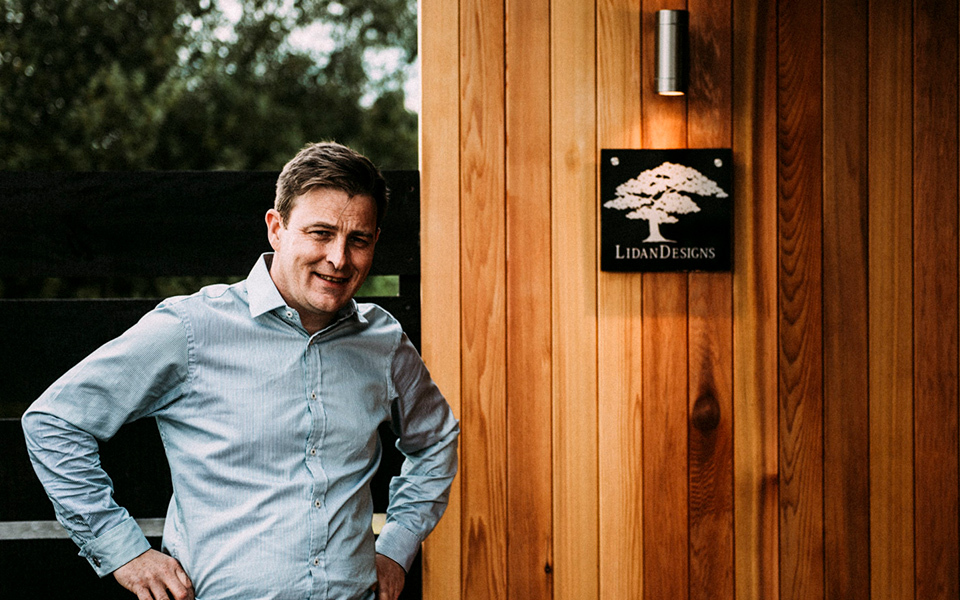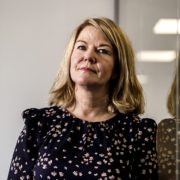Enterprise Ireland’s top tips for entering the Spanish and Portuguese markets
Historically pillars of trade, the Iberian nations of Spain and Portugal offer exceptional export opportunities to Irish companies
Home to the international powerhouses of Inditex, Banco Santander, BBVA, Ferrovial, and TAP (Transportes Aereos Portugueses), the purchasing power in this market, along with the cordial nature of the population, makes it a highly attractive export region. The team in Enterprise Ireland’s Madrid office are here to support you in entering this dynamic and growing market.
- Do your research. The Spanish and Portuguese populations combined amass to more than 10 times that of Ireland, while Iberia’s landmass is 7 times larger than Ireland’s. With more people, comes more business and innovation, and thus more competition. Really get to know the market you’re entering, and who you’ll be competing with.
- Create a great elevator pitch. Spanish and Portuguese businesses are more hierarchal in nature, and they like to work on equal terms, so make sure you are bringing your best to the table, as you can presume they are. A good elevator pitch that clearly explains who you are, what you do, and what you can offer is a great way of proving your interest and significance. First impressions and personal relationships are important here.
- Have a summarised value proposition. This is a highly price-sensitive market. Being price competitive will open the door to a consumer base of more than 50 million. However, having a good USP and a clear value proposition will help you to find a successful gap in the market. There is great purchasing power in Spain and Portugal, but you must find a way for your company to tap into it.
- Be aware of your distribution channel. If you intend to export to, or scale in this market, know how you will make that happen. Consider the steps that must be taken between your product/service in Ireland and your customer in Spain or Portugal. Assess the potential hurdles in providing your good or service to this market.
- You and/or your product need to speak the local language. Overcoming language barriers can be one of the most difficult aspects of exporting to this market. English levels vary significantly geographically and by sector. Having a trusted translator may be necessary for meetings and correspondence, which EI Madrid can help you with. More practically, your product itself must be accessible to the population you are selling to; an app that functions solely in English will not succeed in the wider population.
- Assess your resources. How can you make the most of the human and financial capital that you have? With a good business team and the backing of Enterprise Ireland, at home and in market, there is great potential for success when entering the Spanish and Portuguese market. Know your weaknesses and seek help from EI to develop them into strengths.
Enterprise Ireland is committed to helping Irish firms succeed in global markets and have experts on hand, ready to help you access the Spanish market.
Our Market Advisors are always available to support you and provide business expertise and on-the-ground knowledge.
For more, download our Going Global Guide.

